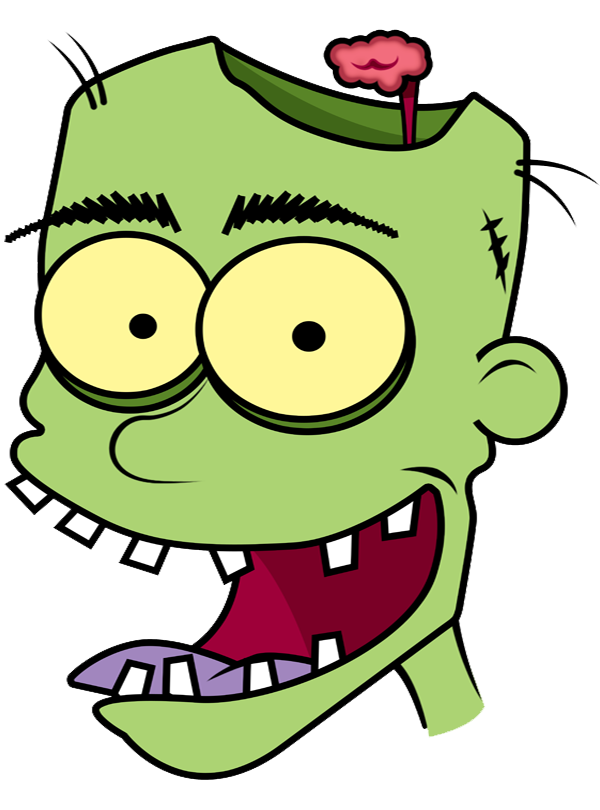By:
- Inga Kiderra
Published Date
By:
- Inga Kiderra
Share This:
Hooked on Learning
Popular online class offers practical tips based on brain-based research on how to improve learning skills
Learning How to Learn,” the most popular massive open online course (or MOOC) offered by UC San Diego to date, is starting again Oct. 3. Based on research in neuroscience and cognitive psychology, the four-week class drew nearly 200,000 people from around the world in August and appears to be the only university MOOC of its kind: It focuses on learning itself. And it presents practical tips that can be put to use by learners of all stripes.
UC San Diego students – undergraduate and graduate – and faculty members, too, are urged to register for the class. Taking and completing the course is free. Coursera, the online provider, charges $49 for a “Verified Certificate” but that’s voluntary and optional. The only requirements are an internet connection and a weekly time commitment of three to four hours.
“Learning How to Learn” was launched this summer. At a time when the campus appears quieter than normal – as many students and faculty pursue their work in communities away from La Jolla – 197,000 people from more than 200 countries came to UC San Diego virtually. The class proved not only hugely popular but also, in the words of one of its two co-instructors, seemed to “strike a chord.”
Jeff Elman, dean emeritus of the UC San Diego Division of Social Sciences who is a campus lead on online and technology-enhanced education, monitored the forums of “Learning How to Learn.” He was impressed, he said, by the levels of student engagement with the material and the instructors. And he also came to appreciate keenly just how many people, even those who are apparently successful and have advanced degrees, feel they have difficulties learning.
“The ability to learn requires skills that are rarely taught in a systematic or deep way,” said Elman, distinguished professor of cognitive science at UC San Diego. “The closest we get is advice on study habits, the sort of stuff you might hear in your high-school homeroom. But that barely scratches the surface, and it is usually superficial and often wrong. Learning to learn involves a whole lot more than good study habits.”
The class, which is subtitled “Powerful Mental Tools to Help You Master Tough Subjects,” is taught by Barbara Oakley, a professor of engineering at Oakland University in Rochester, Michigan, and Terry Sejnowski, Francis Crick Professor at the Salk Institute and distinguished professor of neurobiology and co-director of UC San Diego’s Institute for Neural Computation and of the Temporal Dynamics of Learning Center.
Both instructors emphasize that the class applies to learning in any discipline. The course covers what we know about the brain – from its different learning modes to how it “chunks” information or falls into procrastination habits – and draws on techniques practiced by experts in art, music, literature, math, science, sports and many other fields.
The UC San Diego course grew out of a visit Oakley made to UC San Diego’s Temporal Dynamics of Learning Center (TDLC) in March 2013. Sponsored by the Educator Network of the TDLC as part of “Brain Awareness Week,” Oakley gave a lecture on learning that was attended by faculty and students and broadcast to local high schools through webinar. The talk was well received, Sejnowski said, and “we thought that a wider audience would benefit from knowing what we have learned about learning in the brain.”

The TDLC itself, Elman notes, is a testament to the growing realization that learning is a subject worthy of serious study. One of six Science of Learning centers funded by the National Science Foundation, the TDLC is, among other things, he said, showing us that “we shouldn’t be thinking of learners as sponges into which we drip knowledge. The learner has to play an active role that goes well beyond absorption.”
Elman considers the MOOC a form of public service. No university resources were used in its creation, he said, but many learners, both off-campus and on, stand to gain.
“What’s important about ‘Learning How to Learn’,” Elman said, “and what differentiates it from other courses is that it serves as a foundation for learning anything, whether a new language, a science skill or how to read history critically.” Students of all kinds will benefit from enrolling, as will faculty and other educators, both for their own ongoing learning and because it models effective teaching, he said.
The course is also fun. Guest lecturers make frequent appearances – and zombies, too.
Share This:
You May Also Like
Stay in the Know
Keep up with all the latest from UC San Diego. Subscribe to the newsletter today.



